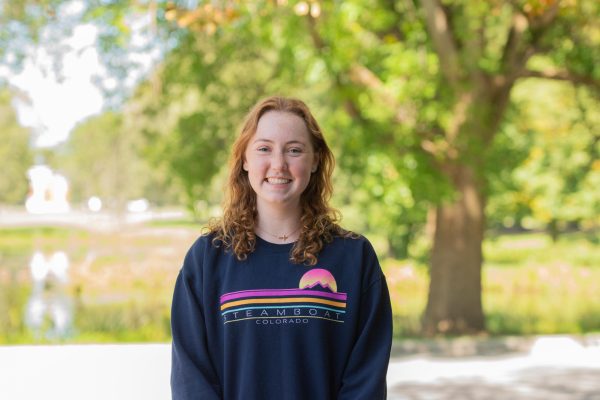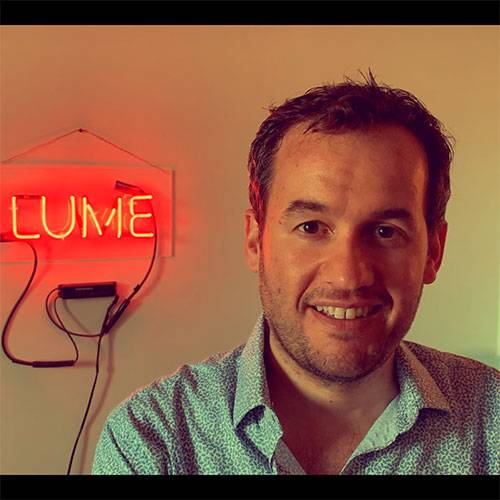Beyond Social Sciences and STEM: The Power of Languages and Literature
With the sophomore major declaration deadline just having passed and course registration fast approaching, many Colgate students are likely contemplating their academic tracks and future careers. As part of the Mabel Dart Colgrove Commons (MDCC) Big Questions Series, Associate Professor of LGBTQ+ Studies and Director of the LGBTQ+ Studies Program Professor Danny Baretto spoke about how he became passionate about languages and literature during his academic career.
Professor Barreto began by discussing how he grew up in Brooklyn in a low-income neighborhood in the 1980s, a member of a Puerto Rican immigrant family. He elaborated on how his experience as a child of immigrants shaped how he viewed education and careers.
“As someone who was a first-gen college student, I understood the role of going to college was to get a good job and make money […] I didn’t have that deeper understanding of what was happening at universities,” Barreto said. “I didn’t even think to ask questions about what I wanted to do.”
Barreto spoke about his distaste for attending elitist predominantly white institutions (PWIs), where his belonging was constantly questioned and commented on. Although he applied and was accepted by numerous highly-ranked and prestigious colleges, he chose to attend Hunter College, CUNY, a small, diverse, feminist and majority working-class school.
He began as a math major and spent two years taking math and science classes with an occasional literature class on the side for fun. Barreto’s time at Hunter pushed him to question why he did not consider literature worthy of focusing his studies on, and he found himself slowly acknowledging its power.
“The more I got into studying literature, the more I realized that it wasn’t actually a hobby or a pastime like it had been for me, but it was actually another way of doing politics, and another way of thinking about these really important issues,” Barreto said. “[Literature allows] you to either get to know someone else’s experience in a deeply profound way, or in an emotional way, in a way I felt like other fields couldn’t.”
Barreto also spoke about choosing to study Spanish literature in higher education, and how that further connected him to his roots and love of language. He has taken what he learned about the power of reading and used it in his teaching career, regardless of whether the class he is instructing is explicitly focused on literature.
“The reason why I teach so much literature is I think that it allows you to know things in a different way than certain social sciences and STEM [classes],” Barreto explained.
The event felt less like a lecture than a conversation, with Barreto facilitating a comfortable and welcoming atmosphere where students felt comfortable expressing their thoughts about fear of the future and the difficulty of deciding to pursue their passions.
Senior Nataly Zarzuela, who attended the talk, appreciated how Barreto’s college experiences personified a true liberal arts education and the overarching message of open-minded study he preached.
“I just really appreciated the honesty and the realness that came from this conversation and making our minds open up to what the future holds, ‘cause I feel like we have to take advantage of this liberal arts education that we have as well as our Colgate network, and being able to study something and then end up doing something completely different at the end of college, so it was really nice to hear about [Barreto’s] journey,” Zarzuela said.
Sophomore Georgette Manos was also present at the talk and resonated with Barreto’s explanation of his journey toward choosing to study what he loved.
“I just thought the talk was really impactful and I really appreciated Professor Barreto’s […] point of view about following your passions because a lot of times that’s ignored in college settings,” Manos said.

LJ Coady is a junior from Houston, TX concentrating in political science with minors in history and religion. She has previously served as a writer for...









